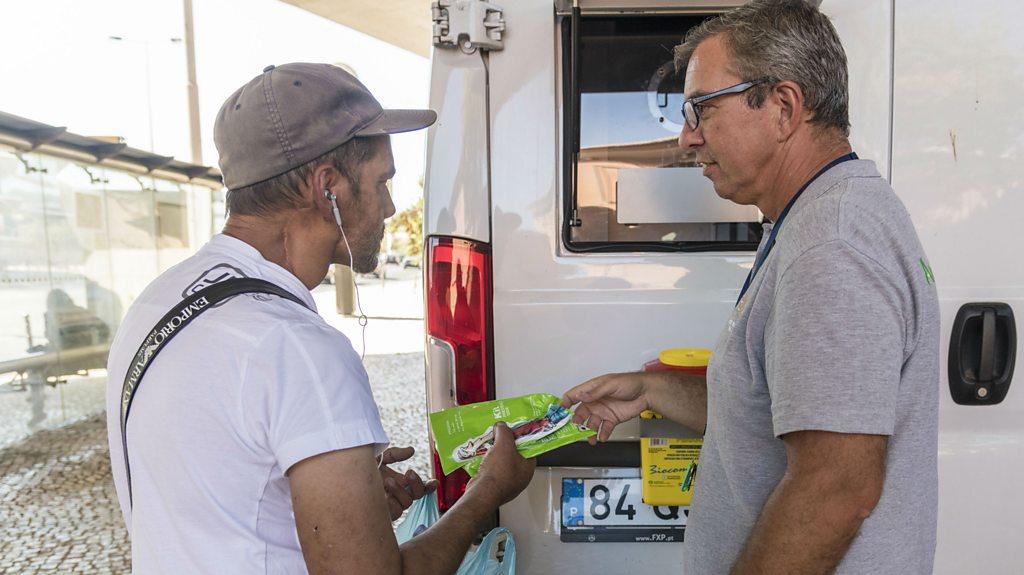Misuse of Drugs Act turns 50 with reform calls
- Published
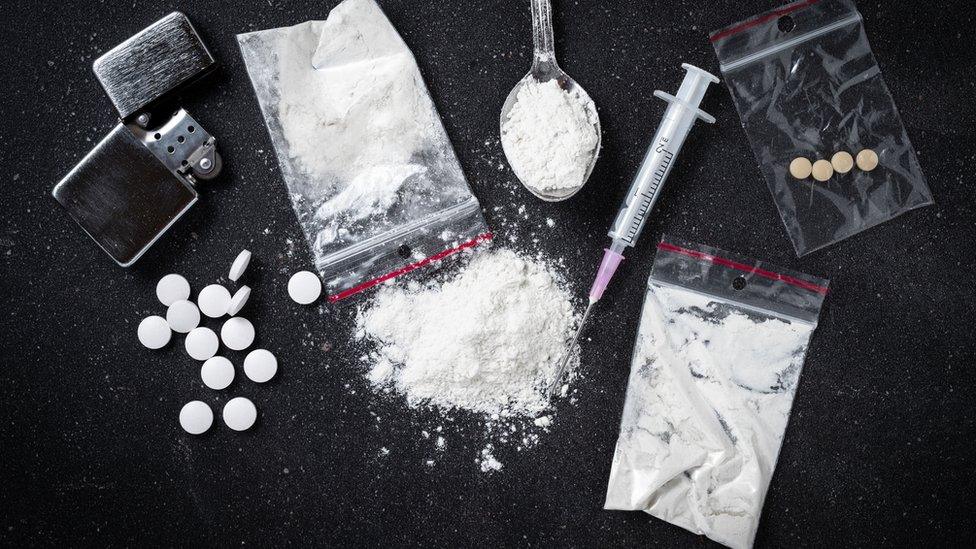
The Miuse of Drugs Act 1971 introduced the classification format used by the legal system
The UK's Misuse of Drugs Act came into force 50 years ago. The BBC spoke to some of those affected to see what impact it has had, including those who say it has been half a century of failure and want reform, and others who see any softening of the law as a slippery slope.
Suzanne Sharkey used to arrest drug users, then she became one.
She worked as an undercover officer for Northumbria Police in the 1990s, and was "very happy" locking up users and dealers.
"I joined the police because of what they stood for - reducing crime, protecting communities and locking up 'the baddies'," she said.
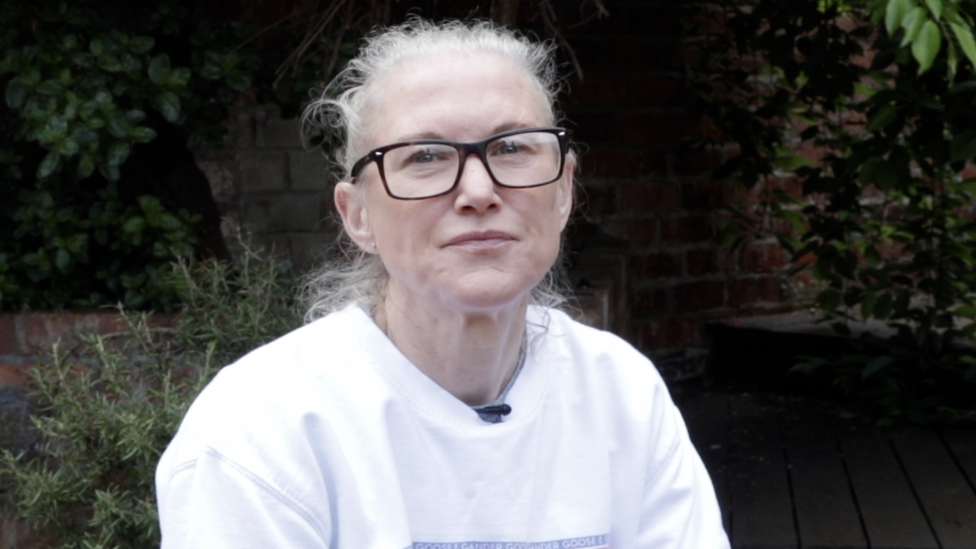
Suzanne Sharkey was an undercover officer for Northumbria Police in the 1990s
"But I ended up a 24/7 alcoholic and I used drugs. I was in recovery and I looked around at the people there with me, and one of the biggest barriers I saw to their recovery were drug laws.
"The criminalisation closed so many doors for them that they couldn't move on with their lives."
Now she is one of those calling for drug policy reform as co-executive director of the Law Enforcement Action Partnership, an activist group made up of current and former justice sector workers.
More than 60 MPs are also supporting a campaign from the Transform Drug Policy Foundation, external to review current legislation.
A number of campaigners are calling for the decriminalisation and regulation of drugs, but the government says it has no plans to legalise them.
It comes as drug-related deaths are at their highest levels since records began in 1993.

What is the Misuse of Drugs Act 1971?
It's the basis of Britain's anti-drug strategy - separating illicit drugs into classes, which carry different penalties, external, the maximum being seven years in prison for possession, and life imprisonment for supply and production.
Edward Heath was the Prime Minister when it was introduced, and according to historical ONS data, external, annual drug-related deaths at the time were under 100.
In 2019, 4,393 people in England and Wales died of drug poisoning, with 2,883 of the deaths related to drug misuse.

Grahame Morris, Labour MP for Easington and a "long-standing critic of drugs policy", is advocating for a review of the Act as it turns 50.
"It's evident that it simply isn't working," he said.
"We had a minor drugs problem by current-day standards 50 years ago. We've dealt with it as a criminal matter and it's gotten far, far worse.
"I just think we're on a downward spiral. We should look at evidence from Portugal."
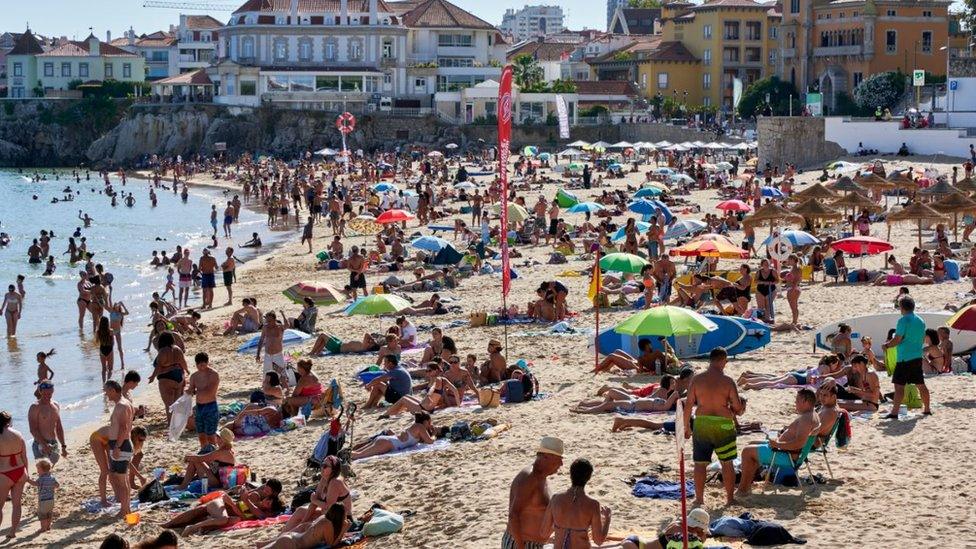
Drug laws in Portugal changed 20 years ago
In 2001, the Iberian nation decriminalised all drugs for personal use. Drug-related deaths, HIV infections and associated crimes have all dropped since.
"It would be wonderful to think we could live in a drug-free Utopia but it isn't reality," Mr Morris said.
"When policies are failing and the problem is getting worse, you have to do something differently and you've got to be brave, on occasions."
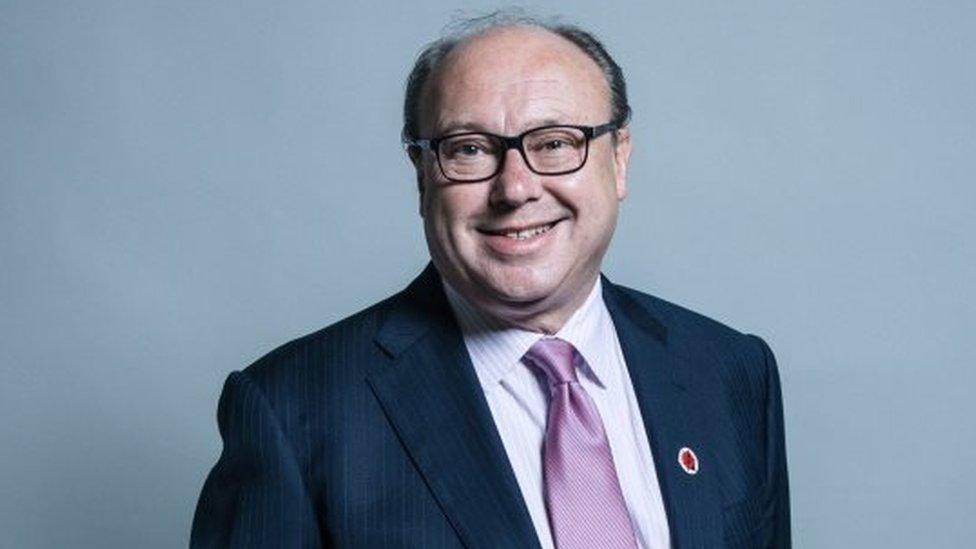
Grahame Morris wants drug policy reform
The new Conservative Police and Crime Commissioner (PCC) for Cleveland Police, Steve Turner, says Portugal's approach would not work in the UK.
"If we legalise cannabis then people will try harder drugs, like cocaine," Mr Turner said.
"If we legalise cocaine, then people will go on to something else.
"You've got to say at that point - you've got to legalise everything. If someone dies because we've allowed it, who's responsible?
"What's not being measured in places like Portugal is the long-term effects. I haven't seen the details of that.
"It causes death and misery on a daily basis. I honestly can't see a situation where somebody could convince me that a product that kills people in the way it does should ever be legal."
'Blind eye'
The PCC said he would "welcome a review" of the UK's drugs laws but says the argument must be '"informed" to prevent any "fast decisions" being made.
"People say the war on drugs hasn't worked, and I get that, but it's illegal," Mr Turner said.
"If we turn a blind eye then they become the norm."
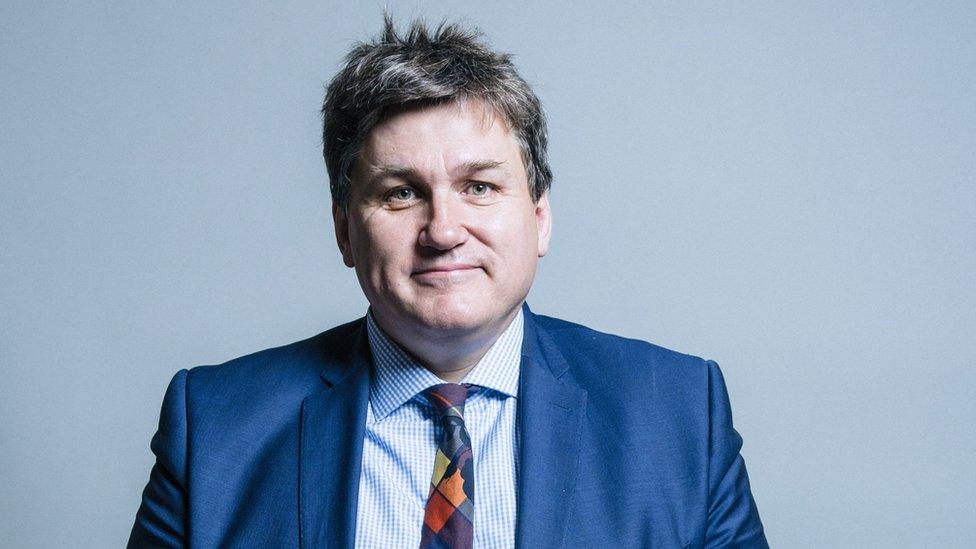
Crime and policing minister Kit Malthouse said efforts were under way to tackle drugs
Crime and policing minister Kit Malthouse said legalisation "would send the wrong message".
"Illegal drugs devastate lives and communities, and we will always work at all levels and with the devolved administrations to tackle drug misuse, tighten controls on dangerous substances and widen the availability of treatments which prevent overdose deaths," he said.
"Our recent £148m package aimed at dismantling the organised criminal gangs who encourage this terrible trade includes £80m for drug treatment services right across England.
"This is the largest increase in drug treatment funding for 15 years, helping those in drug and recovery therapy to stop drug-related crime, and dealing with the significant health-related harms drugs pose."
If you have been affected by any issues in this story there is help available at BBC Action Line

Follow BBC North East & Cumbria on Twitter, external, Facebook, external and Instagram, external. Send your story ideas to northeastandcumbria@bbc.co.uk, external.
- Published24 May 2021
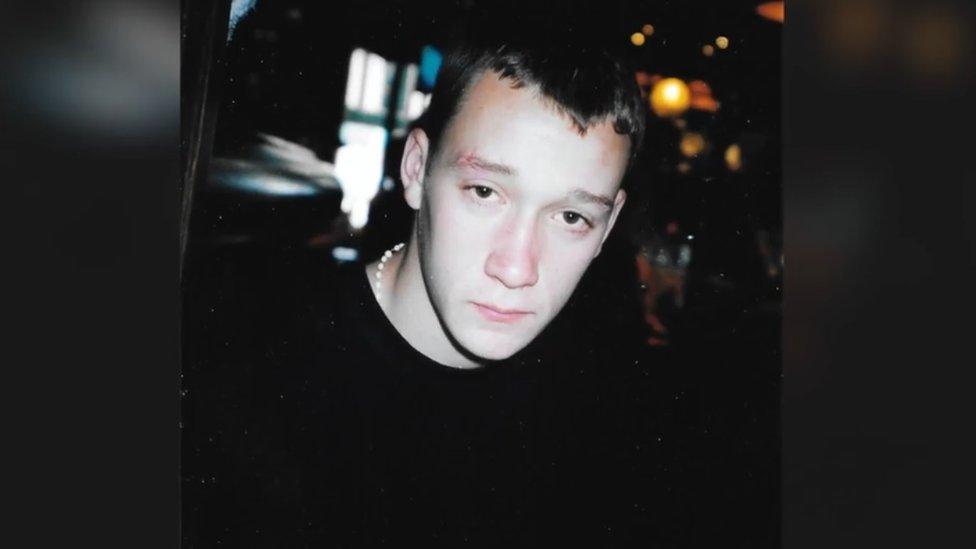
- Published14 October 2020
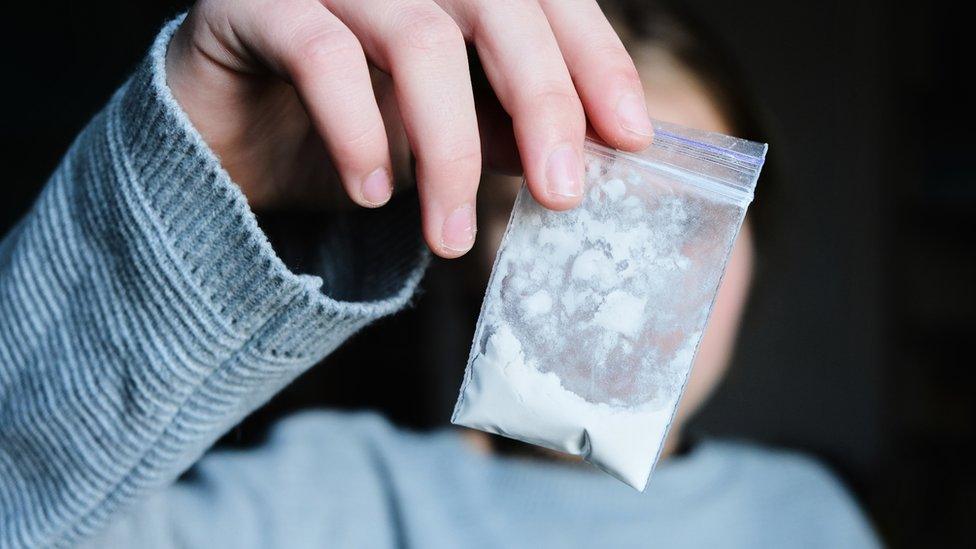
- Published16 October 2020
